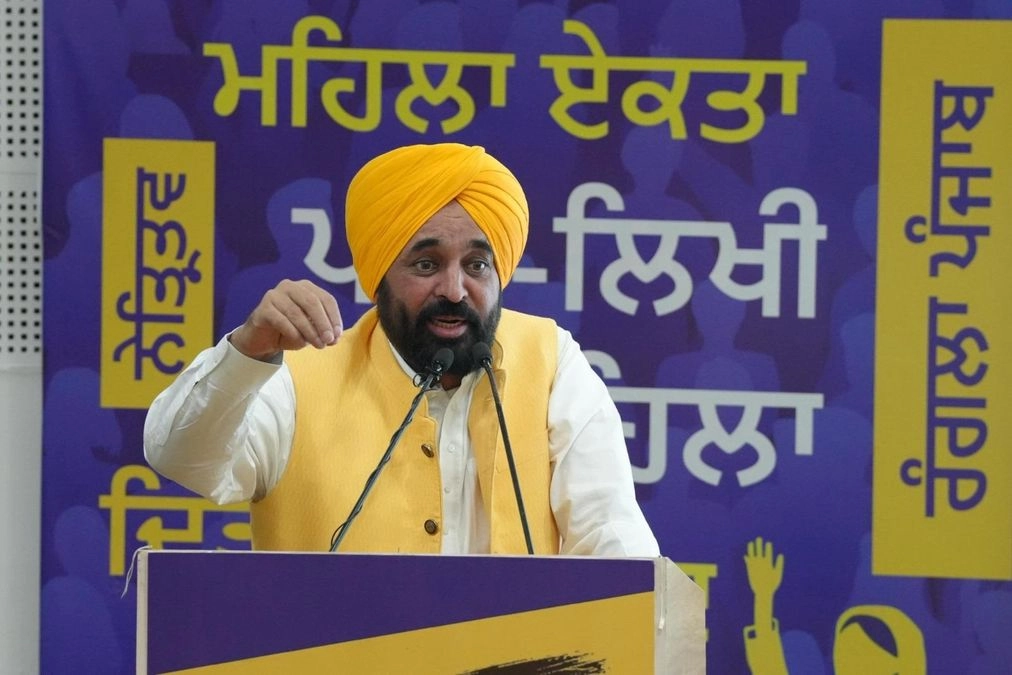In a recent incident that has drawn significant attention, a businessman reportedly rejected the use of the Marathi language in his operations, leading to a swift and aggressive response from members of the Maharashtra Navnirman Sena (MNS), a political party led by Raj Thackeray. This confrontation reflects the ongoing tensions surrounding regional language pride and the expectations placed on businesses operating in Maharashtra, where Marathi is not just a language but a cultural symbol of identity. The businessman’s refusal to accommodate the local language in his business dealings was perceived as a direct affront to the sentiments of many Marathi speakers, igniting fierce backlash from Thackeray’s supporters.
Following the businessman’s statement, a group of MNS workers mobilized and attacked his office, highlighting the party’s commitment to promoting Marathi and its associated culture. The attack was characterized by vandalism and intimidation, which raised serious concerns about the safety and security of individuals and businesses that may not align with the local language advocacy. This incident underscores the broader implications of language politics in India, where regional identities often clash with commercial interests. The MNS has been vocal about its agenda to ensure that Marathi is prioritized in various sectors, including business, education, and government, often resulting in confrontational tactics when their demands are not met.
The repercussions of this incident extend beyond the immediate violence; they serve as a stark reminder of the challenges businesses face in navigating local sentiments. Entrepreneurs operating in Maharashtra must be acutely aware of the cultural landscape and the potential repercussions of neglecting local languages. As the situation unfolds, it raises questions about the balance between business operations and cultural responsibilities, as well as the role of political groups in enforcing linguistic and cultural norms. The attack on the businessman’s office has sparked discussions about freedom of expression, the rights of businesses to operate in a language of their choice, and the extent to which political parties can intervene in private enterprise.
As Maharashtra continues to grapple with its linguistic identity, incidents like these highlight the need for dialogue between business leaders, political entities, and local communities. Finding a middle ground where both economic growth and cultural pride can coexist is essential for fostering a harmonious society. The increasing polarization around language issues poses a threat to the cooperative spirit necessary for the state’s development. Moving forward, it will be crucial for stakeholders to engage in constructive conversations that respect the cultural significance of Marathi while also recognizing the diverse landscape of languages and identities within the state.




